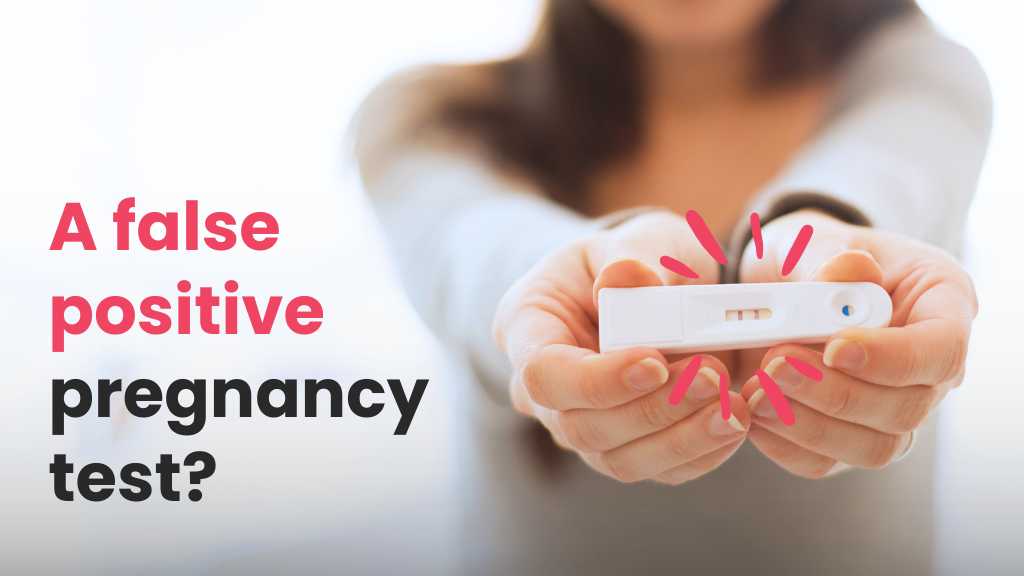
Understanding False Positive Pregnancy Tests: Causes and Considerations
Pregnancy tests are crucial tools that help women confirm their pregnancy status with ease and convenience. However, there are instances where a pregnancy test might yield a false positive result, causing unnecessary confusion and stress, so what causes a false positive pregnancy test?
In this blog, we’ll delve into the various factors that can lead to false positive pregnancy tests and provide insights into understanding and dealing with these situations.
Introduction: The Basics of Pregnancy Testing
Before we explore the causes of false positive pregnancy test results, let’s quickly review how pregnancy tests work. Most over-the-counter pregnancy tests detect the presence of the hormone human chorionic gonadotropin (hCG) in urine. hCG is produced shortly after a fertilized egg attaches to the uterine lining, making it a reliable indicator of pregnancy.
What Causes A False Positive Pregnancy Tests?
1. Residual hCG from Recent Pregnancy or Miscarriage
If a woman has recently been pregnant or experienced a miscarriage, traces of hCG might still be present in her body. This residual hCG can lead to a positive test result even though she is not currently pregnant.
2. Certain Medical Conditions
Some medical conditions, such as ovarian cysts, certain types of tumors, and hormonal imbalances, can trigger the production of hCG-like substances, leading to a false positive result.
3. Fertility Treatments
Women undergoing fertility treatments that involve hCG injections may experience false positive results due to the presence of hCG in their system.
4. Medications
Certain medications, like those used for treating infertility or containing hCG, can influence the accuracy of pregnancy tests.
5. User Error
Incorrectly following the test instructions, reading the results too early or too late, and using an expired or faulty test can all contribute to false positive outcomes.
6. Chemical Pregnancy
A chemical pregnancy occurs when an egg is fertilized but fails to implant properly in the uterus. This can lead to an early positive test followed by a miscarriage shortly after, often before the woman even realizes she is pregnant.
Dealing with False Positive Pregnancy Test Results
1. Retest
If you receive a positive result, consider retesting with a different brand or type of test to confirm the result.
2. Consult a Healthcare Provider
If you suspect a false positive result due to medication or a medical condition, consult your healthcare provider for guidance. They can offer insight into potential causes and recommend appropriate steps.
3. Wait a Few Days
hCG levels typically rise rapidly in early pregnancy. Waiting a few days and retaking the test can help clarify whether the initial result was accurate or not.
4. Track Your Cycle
Understanding your menstrual cycle and tracking ovulation can help you better interpret test results and avoid testing too early.
Conclusion: Navigating Pregnancy Testing with Confidence
While false positive pregnancy test results can be unsettling, it’s important to remember that they are relatively rare. By familiarizing yourself with the potential causes and taking necessary precautions, you can navigate the process of pregnancy testing with greater confidence and accuracy. If you ever have doubts or concerns, consulting a healthcare professional is always a prudent course of action.










